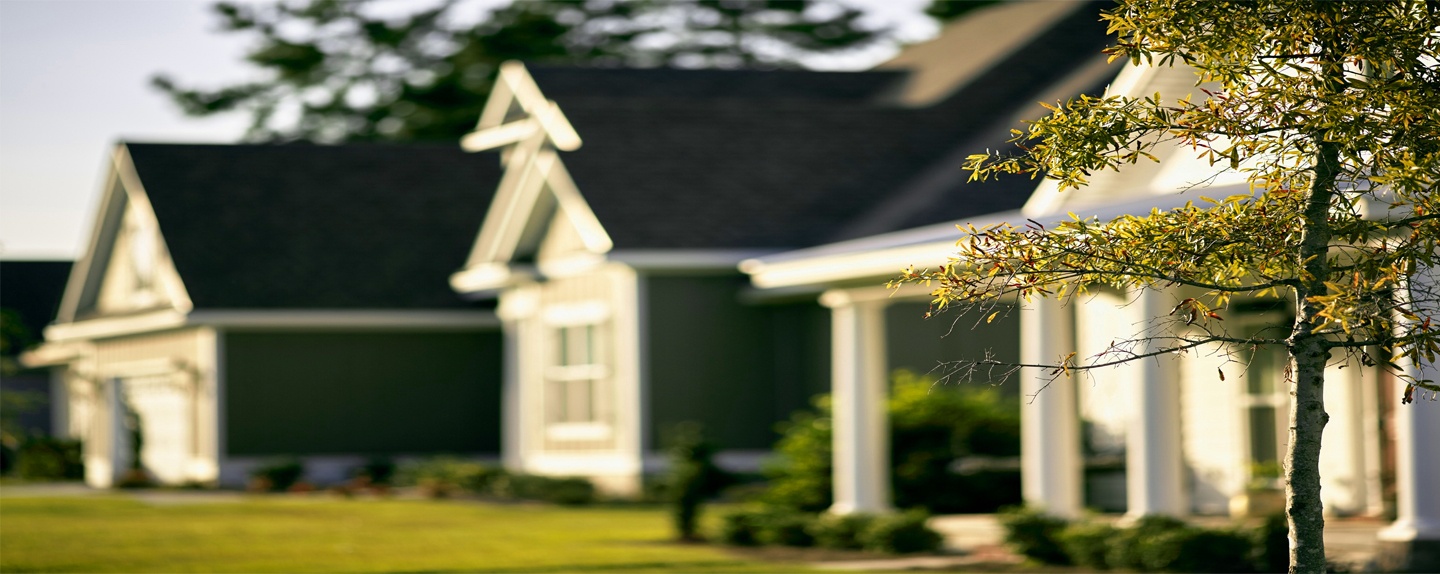Maintaining a lush, weed-free lawn on the North Shore of Massachusetts is a goal for many homeowners. However, achieving this can be challenging due to factors like compacted soil, thinning grass, and weed invasion. Fortunately, there are effective solutions that can address these common lawn issues and revitalize your outdoor space. In this blog post, we'll discuss the importance of aeration, overseeding, and seeding in tackling these challenges and promoting a healthier, more vibrant lawn.
-
Compacted Soil and Poor Drainage: One of the primary issues that affect North Shore lawns is compacted soil, which restricts root growth and water penetration. Compacted soil also contributes to poor drainage, leading to waterlogged areas and increased susceptibility to diseases. Aeration is a crucial step in combating these issues. By perforating the soil with small holes, aeration allows air, water, and nutrients to reach the grassroots, promoting better root development and overall turf health. Improved soil aeration and drainage reduce the risk of waterlogging and create a more hospitable environment for grass growth.
-
Thinning Grass and Bare Patches: Over time, lawns can develop thinning areas and bare patches due to factors like foot traffic, weather stress, and natural wear and tear. Overseeding is a key technique to address these issues. By introducing new grass seed to existing turf, overseeding helps fill in bare spots, improve grass density, and rejuvenate the overall appearance of your lawn. It's important to choose high-quality grass seed suitable for North Shore's climate and soil conditions for optimal results.
-
Weed Invasion: Weeds can quickly take over a lawn if not kept in check. Thin or weak grass stands provide an open invitation for weeds to establish themselves. A dense, healthy turf is more resistant to weed invasion, making overseeding an effective weed management strategy. By thickening the grass cover through overseeding, you create competition for weeds and reduce their ability to germinate and spread. Additionally, selecting grass varieties that are well-adapted to your local environment can outcompete weeds and contribute to a weed-free lawn over time.
-
Seasonal Considerations: Timing plays a crucial role in the success of aeration, overseeding, and seeding efforts. Fall is often considered the best time for overseeding in Massachusetts, as soil temperatures are still warm, promoting seed germination, while cooler air temperatures reduce stress on young seedlings. Spring can also be suitable for aeration and overseeding, especially for cool-season grasses like Kentucky bluegrass and fescue.
In conclusion, addressing common lawn issues such as compacted soil, thinning grass, bare patches, and weed invasion requires a proactive approach that includes aeration, overseeding, and seeding. These techniques promote healthy root growth, improve turf density, and enhance overall lawn resilience, leading to a greener, weed-free lawn that enhances your outdoor space's beauty and functionality.
If you're looking for more information on lawn care in Massachusetts or are simply ready to speak with someone about your lawn care needs, visit www.GrassmasterPlus.com or call 978-769-3595 today!

